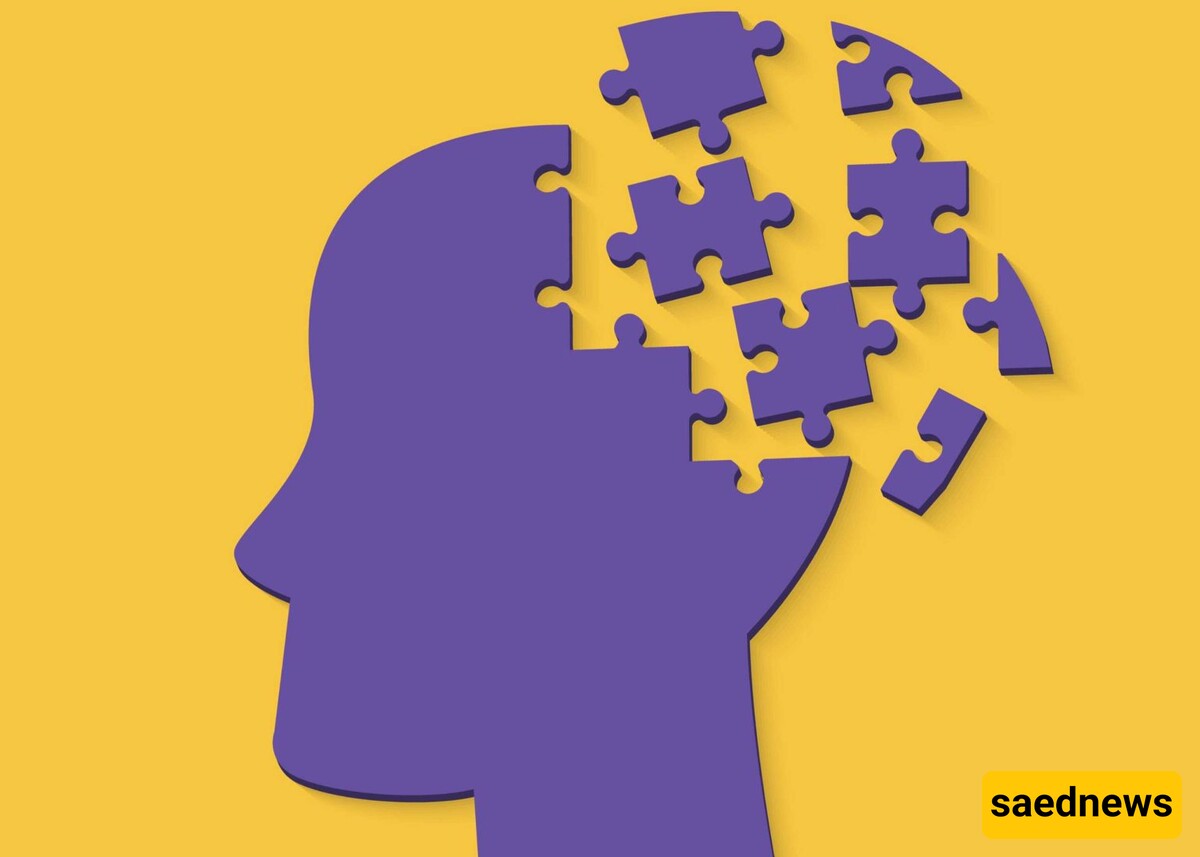SAEDNEWS: Recent advancements in Alzheimer’s research offer promising avenues for early detection, treatment, and prevention. Cutting-edge therapies, innovative diagnostics, and genetic insights are transforming how scientists approach this complex neurodegenerative disease.

According to SAEDNEWS, Alzheimer’s disease, the most common form of dementia, affects millions globally, causing memory loss, cognitive decline, and behavioral changes. It primarily targets older adults, progressively eroding their ability to perform daily tasks. At its core, Alzheimer’s is characterized by the buildup of beta-amyloid plaques and tau tangles in the brain, which disrupt communication between neurons and eventually lead to cell death.
Despite being identified over a century ago, Alzheimer’s has remained difficult to treat due to its complex pathology. However, recent breakthroughs are reshaping the scientific landscape, offering fresh hope for patients, caregivers, and healthcare professionals.

Alzheimer’s disease, the most common form of dementia, affects millions globally, causing memory loss, cognitive decline, and behavioral changes. It primarily targets older adults, progressively eroding their ability to perform daily tasks. At its core, Alzheimer’s is characterized by the buildup of beta-amyloid plaques and tau tangles in the brain, which disrupt communication between neurons and eventually lead to cell death.
Despite being identified over a century ago, Alzheimer’s has remained difficult to treat due to its complex pathology. However, recent breakthroughs are reshaping the scientific landscape, offering fresh hope for patients, caregivers, and healthcare professionals.
Recent years have seen promising results from therapies aimed at targeting beta-amyloid plaques and tau tangles. Monoclonal antibodies, such as Lecanemab and Donanemab, have shown the ability to slow cognitive decline in clinical trials by reducing beta-amyloid buildup. These drugs represent a significant shift in Alzheimer’s treatment, focusing not only on managing symptoms but also on addressing the disease’s root cause.
While these treatments are not a cure, they offer meaningful benefits by slowing the disease’s progression. Scientists are also exploring combination therapies, targeting multiple pathways simultaneously to enhance treatment effectiveness.
Additionally, there is growing interest in anti-inflammatory drugs and therapies aimed at reducing neuroinflammation, a key contributor to brain damage in Alzheimer’s patients.
Genetics plays a crucial role in Alzheimer’s disease, with mutations in genes such as APOE4 significantly increasing the risk of developing the condition. Recent research has uncovered other genetic factors that either raise susceptibility or offer protection against Alzheimer’s. Understanding these genetic markers allows scientists to identify high-risk individuals and design personalized treatment plans. Gene-editing technologies, such as CRISPR, are being explored as potential tools to modify harmful genetic variants and reduce disease risk.
Moreover, studies of individuals with genetic resilience—people who carry high-risk genes but do not develop Alzheimer’s—are shedding light on protective mechanisms, opening up potential new therapeutic targets.
While genetics play a role, lifestyle factors significantly impact Alzheimer’s risk. Research consistently shows that regular exercise, a balanced diet, quality sleep, and cognitive engagement can reduce the likelihood of developing Alzheimer’s. The Mediterranean diet, rich in antioxidants and omega-3 fatty acids, has been associated with improved brain health and lower cognitive decline rates. Likewise, aerobic exercise promotes blood flow to the brain and stimulates the release of protective proteins.
Researchers are also studying the impact of social engagement and lifelong learning on brain resilience. Cognitive training programs and mentally stimulating activities have shown promise in delaying Alzheimer’s onset.

Technology is transforming Alzheimer’s care, both for patients and caregivers. Wearable devices can monitor cognitive performance, detect mood changes, and track vital health data in real-time. These tools provide valuable insights for doctors while offering families peace of mind.
Virtual reality (VR) is also being integrated into therapy programs. VR simulations help patients revisit familiar environments, reduce anxiety, and engage in cognitive exercises designed to stimulate memory. In addition, mobile applications designed for Alzheimer’s care offer tools for medication management, brain exercises, and caregiver support.
Clinical trials remain the backbone of Alzheimer’s research, testing the safety and effectiveness of new treatments and interventions. Global collaborations between research institutions, pharmaceutical companies, and governments have accelerated the pace of discovery. Patient participation in clinical trials is crucial for advancing research. Efforts are underway to make trials more inclusive, ensuring diverse populations are represented to account for genetic and environmental variations in Alzheimer’s progression.
Innovative trial designs, including adaptive trials, allow researchers to adjust study parameters in real-time, speeding up the discovery process.
Despite the progress, Alzheimer’s research still faces significant challenges. The disease’s complexity and variability make it difficult to develop a one-size-fits-all treatment. Additionally, many experimental drugs that show promise in early stages fail during clinical trials.
Ethical concerns also arise around early detection. Discovering that someone has Alzheimer’s markers long before symptoms appear raises questions about psychological impact, insurance coverage, and healthcare access.
Efforts are being made to ensure that breakthroughs are accompanied by robust ethical frameworks that protect patients’ rights and dignity.
The landscape of Alzheimer’s research has never been more promising. Advances in diagnostics, targeted therapies, genetics, and lifestyle research are converging to create a multi-faceted approach to fighting the disease. Researchers are optimistic about the potential for disease-modifying treatments to become widely available in the coming years. With continued funding, international collaboration, and public awareness, the dream of preventing, slowing, or even curing Alzheimer’s could soon become a reality.
For now, the focus remains on improving early detection, expanding access to innovative treatments, and supporting patients and their families through every stage of the disease.
Alzheimer’s disease remains one of the most pressing global health challenges, but science is making remarkable strides. From groundbreaking therapies to early diagnostic tools and lifestyle interventions, the collective effort of researchers, caregivers, and technology experts is driving meaningful progress. While a cure remains elusive, the breakthroughs of today are laying the foundation for a future where Alzheimer’s is no longer a devastating diagnosis but a manageable condition.

